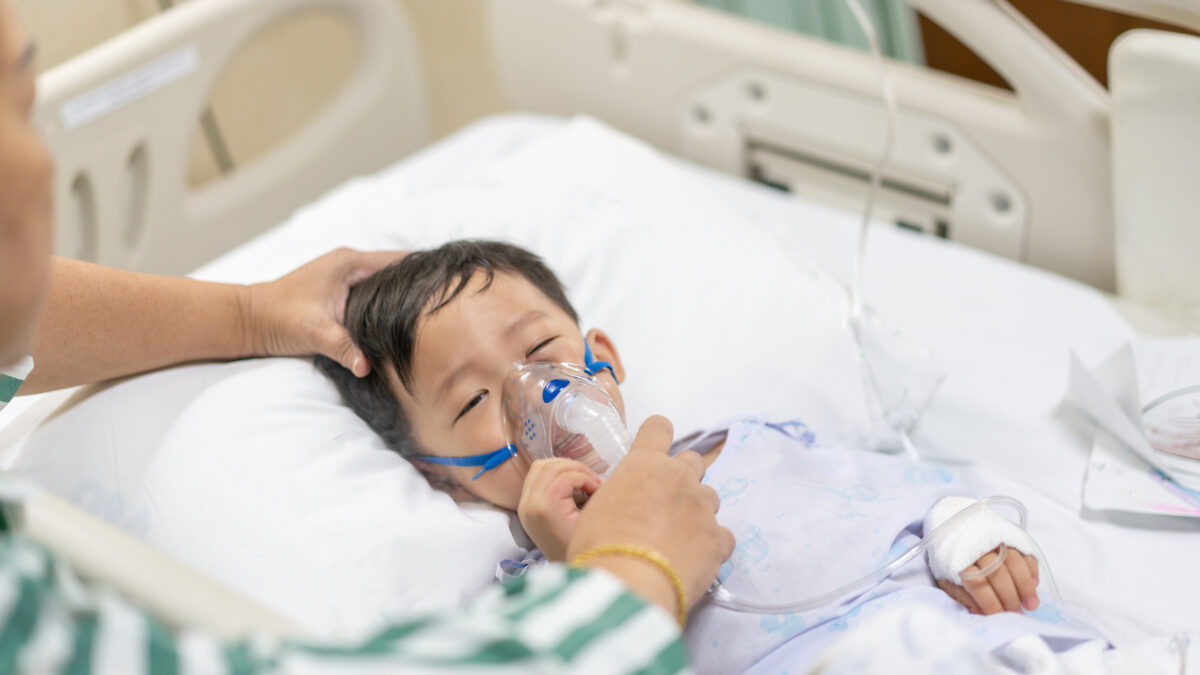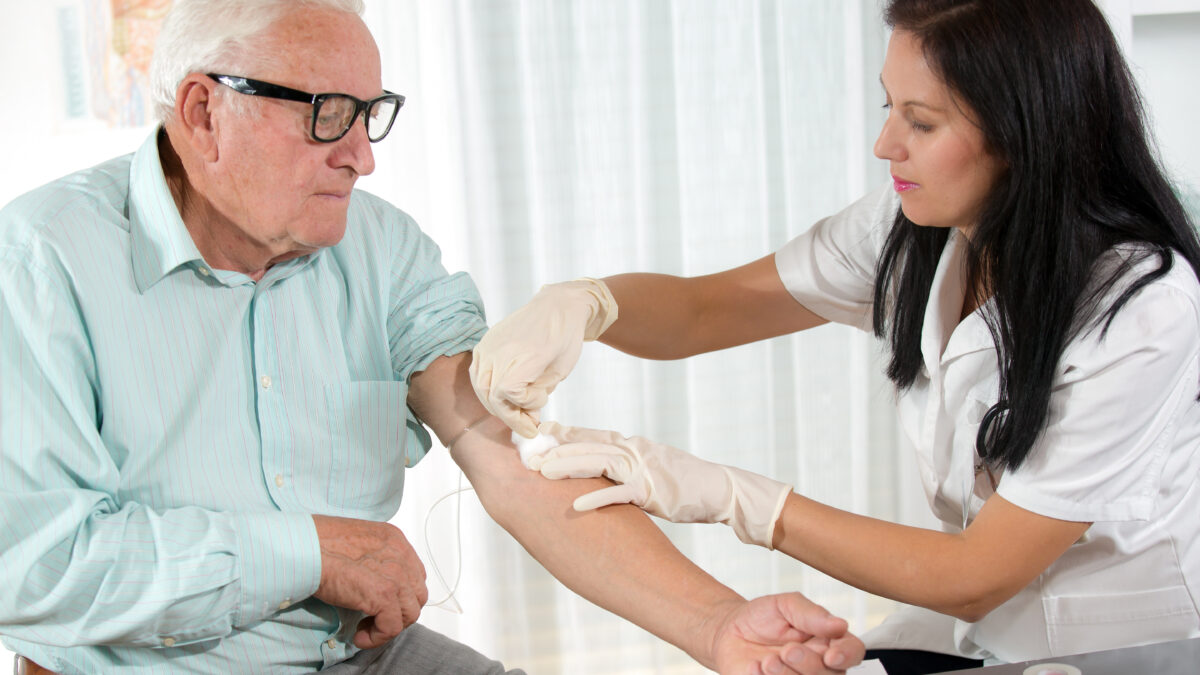The Food and Drug Administration will give priority review to a first-of-its-kind maternal vaccine against respiratory syncytial virus via the breakthrough therapy program.
RSVpreF, which is administered to pregnant mothers, reduced infants’ chances of needing to see a doctor for lower respiratory infections by 81% in Phase 3 clinical testing last year.
This follows the FDA’s December 2023 decision to expedite review of an RSV vaccine for older adults. European regulators have already approved one RSV immunization for infants and are giving multiple candidates expedited assessment, as well.
RSV’s Global Toll
And just in time. RSV is a highly contagious virus that causes cold-like symptoms in millions of patients every year. And in severe cases, it can lead to bronchiolitis, pneumonia or death.
Almost all children contract an RSV infection by age two. Globally, more than 100,000 young children die from it every year. It accounts for more than 2 million doctor visits and 58,000 hospitalizations annually among children under five. It’s also the leading cause of hospitalization among children under one.
RSV is dangerous for older patients, too. It kills between 6,000 and 10,000 American seniors every year, and hospitalizes ten times as many.
The physical, financial and emotional burdens RSV imposes on children, parents and families, and the elderly are enormous. These new immunizations represent a potential breakthrough.
Relieving Burdens
“The impact would be huge,” Dr. Janet Englund, a respiratory virus specialist at Seattle Children’s Hospital told the Wall Street Journal last year. “It would change hospitalization rates. Young babies wouldn’t have to come to the hospital so much.”
RSV has been a focus of medical research and development for years. The FDA’s expedited review of potential immunizations indicates regulators are aware of the urgency of the situation. If these immunizations are approved, they could dramatically reduce RSV infections in the United States and allow international health organizations to distribute the vaccine in the developing world, where RSV patients are at even greater risk.




